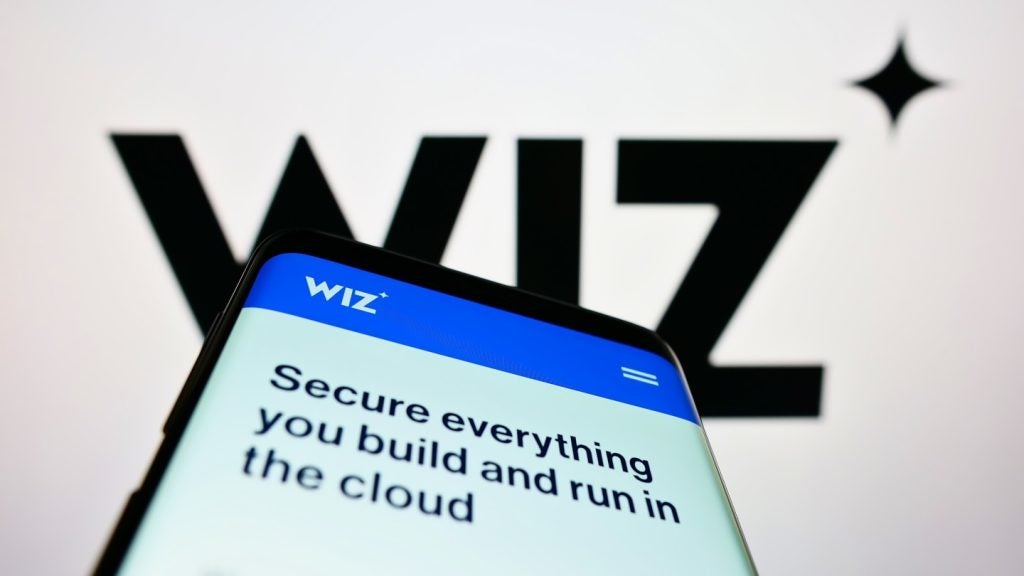The average consumer could save over $500 in insurance and banking fees because of new ‘smart contracts’ based on blockchain technology, according to recently published research.
A report by Capgemini’s Digital Transformation Institute explains that ‘smart contracts’ work similarly to standard written contracts in serving as legally binding agreements with a set of agreed terms and conditions.
Smart contracts differ in that they are electronically programmed and based on distributed ledgers such as blockchain technology – meaning they can automatically enforce actions like payments as soon as the agreed conditions have been met, and without the need for independent verification or manual processing.
Systems underpinned by blockchain technology are already in development by many major institutions such as BNP Paribas, Deutsche Bank, and Credit Suisse.
In terms of smart contracts’ impact on insurance, the research says they will speed up claims across areas such as health, motor, home and travel insurance, with fewer forms to fill out and interactions between claimants and insurers needed.
In the personal motor insurance industry alone, smart contracts are estimated to have the potential to result in approximately $21bn in annual cost savings globally for insurers through reduced processing costs.
How well do you really know your competitors?
Access the most comprehensive Company Profiles on the market, powered by GlobalData. Save hours of research. Gain competitive edge.

Thank you!
Your download email will arrive shortly
Not ready to buy yet? Download a free sample
We are confident about the unique quality of our Company Profiles. However, we want you to make the most beneficial decision for your business, so we offer a free sample that you can download by submitting the below form
By GlobalDataWere insurers to pass even half of these savings on to consumers, this would lead to an average annual saving of $45 on premiums, according to Capgemini.







